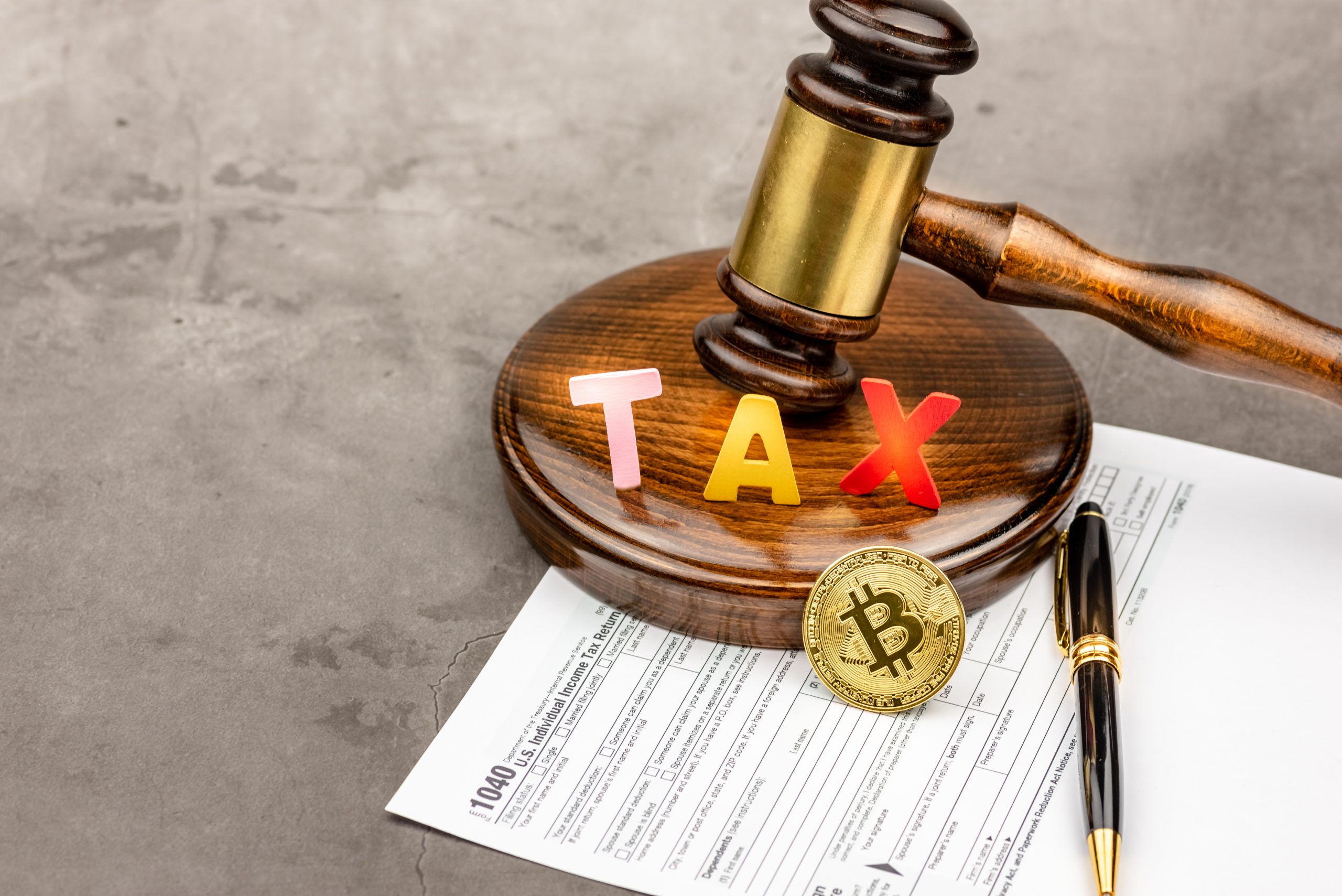As the popularity of cryptocurrencies soars among investors worldwide, the need for a clear understanding of how these digital assets are taxed has become increasingly crucial for the crypto investor network.
Taxation Challenges for the Crypto Investor Network
READ ALSO: Digital Investing: Navigating the Crypto Rollercoaster of Opportunities and Risks
With cryptocurrencies’ decentralized nature and volatile values, tax authorities around the globe face significant challenges in establishing consistent taxation frameworks. The rapidly expanding crypto investor network grapples with the complexities of cryptocurrency taxation. Due to the decentralized nature of cryptocurrencies, authorities struggle to develop unified regulations to tax these digital assets of the crypto investor network consistently. Fluctuating values of cryptocurrencies further complicate the matter, as the crypto investor network face differing tax implications depending on the timing of their transactions. Moreover, each country adopts its unique approach to crypto taxation, resulting in confusion and uncertainty within the global crypto investor network. As the industry evolves, tax authorities worldwide are striving to keep pace, seeking ways to establish transparent and fair taxation guidelines, particularly for the evolving crypto investor network.
The Road Ahead for the Crypto Investor Network and OECD’s Initiatives

Global Perspectives on Cryptocurrency Taxation (PHOTO: NewsBTC)
For the crypto investor network, understanding how their investments are taxed across different jurisdictions is paramount. In the United States, cryptocurrencies are classified as property by the IRS, making profits from buying and selling subject to capital gains tax. The European Union lacks a unified approach, but the European Court of Justice ruled that exchanging cryptocurrencies for fiat currencies is exempt from value-added tax (VAT). In the United Kingdom, cryptocurrencies are subject to capital gains tax upon disposal, while Australia treats them as property, also subjecting them to capital gains tax. Meanwhile, in Canada, cryptocurrencies are treated as commodities, attracting capital gains tax upon sale or exchange. The constantly evolving landscape of crypto taxation underscores the importance of staying informed and complying with regulations in the crypto investor network. As the crypto industry continues to evolve, clarity and consistency in taxation regulations will be crucial to foster a supportive and transparent environment for the crypto investor network.
READ ALSO:Future Financial Security: Navigating Inflation in Retirement to Protect Your Finances








































